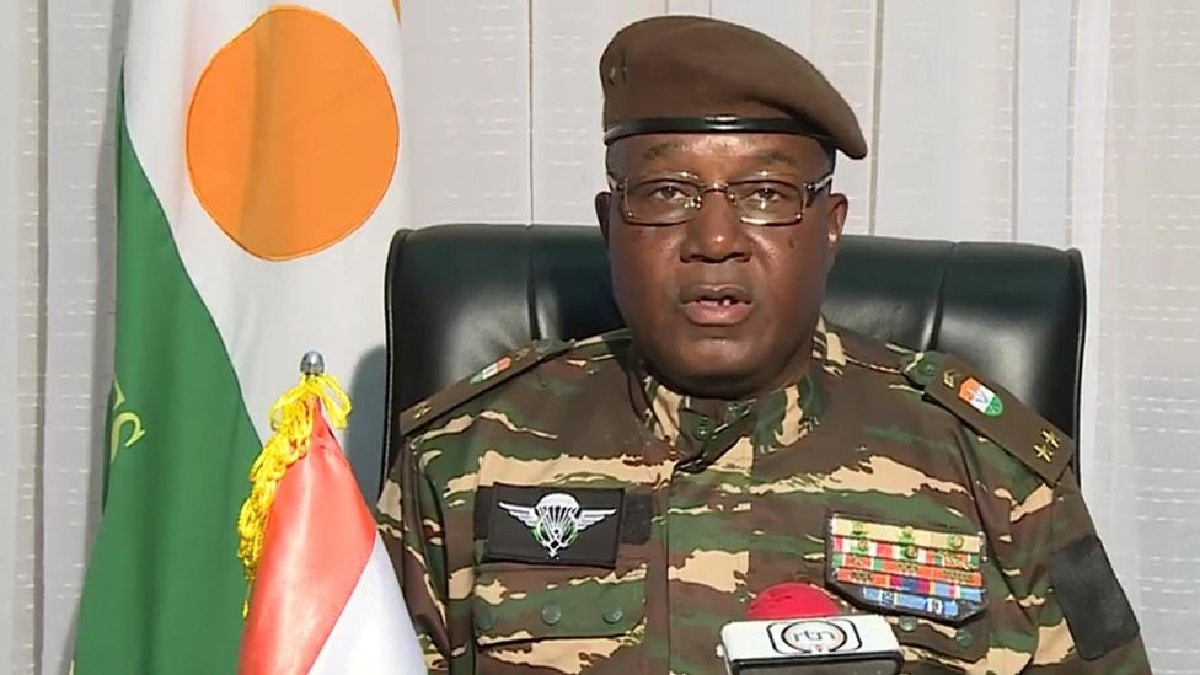According to reports, a three-year transition of power has been proposed by Niger’s coup leader after meeting a delegation of West African leaders and had warned that any attack on the country would “not be a walk in the park” for those involved.
On Saturday, while speaking on national television, General Abdourahmane Tchiani gave no details on the potential transition but only said that the principles for the move would be decided within 30 days at a dialogue which will be hosted by the ruling military council.
After his first meeting with the Economic Community of West African States (ECOWAS) delegates in Niamey, the Nigerien capital, he said, “Neither the National Council for the Safeguard of the Homeland nor the people of Niger want war, and remain open to dialogue. But let us be clear: If an attack were to be undertaken against us, it will not be the walk in the park some people seem to think.”
Following the July 26 coup, ECOWAS has imposed severe sanctions on Niger and has ordered the deployment of a “standby force” to restore constitutional rule in the country. On Friday, the EU said that 11 of its 15 member states have agreed to send troops to the operation and that an undisclosed “D-Day” had been agreed for possible military intervention.
In the speech, Tchiani claimed that ECOWAS was “getting ready to attack Niger by setting up an occupying army in collaboration with a foreign army” and denounced what he called “illegal” and “inhuman” sanctions imposed by the regional bloc.
ECOWAS took a tougher stance on the July 26 coup in Niger, the region’s seventh in three years, than previous coups in Mali, Burkina Faso and Guinea.
Despite the threat of military intervention, the bloc is also seeking diplomatic means to reverse Niger’s power grab, a country of strategic importance to regional and global nations for its uranium and oil reserves and its role as a hub for foreign forces that participated in the fight against al-Qaeda and ISIL-related armed groups (ISIS).


